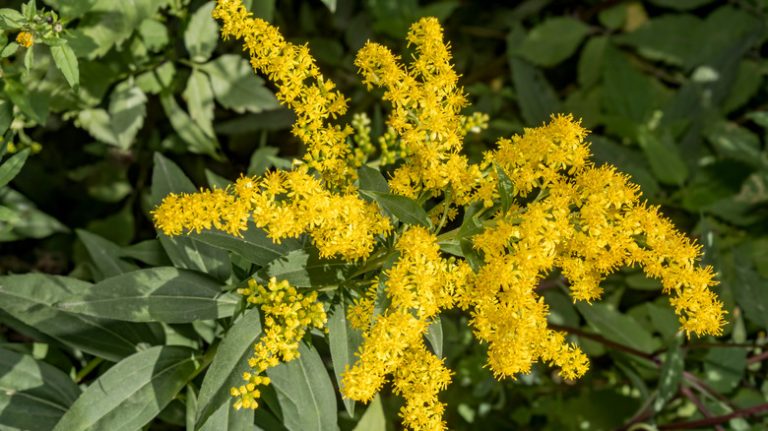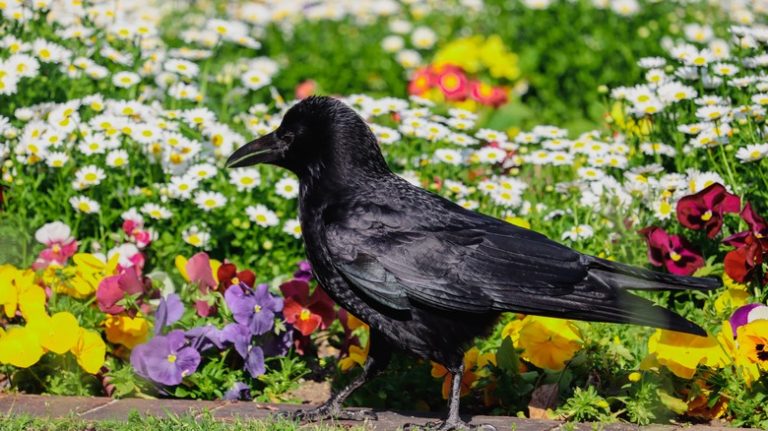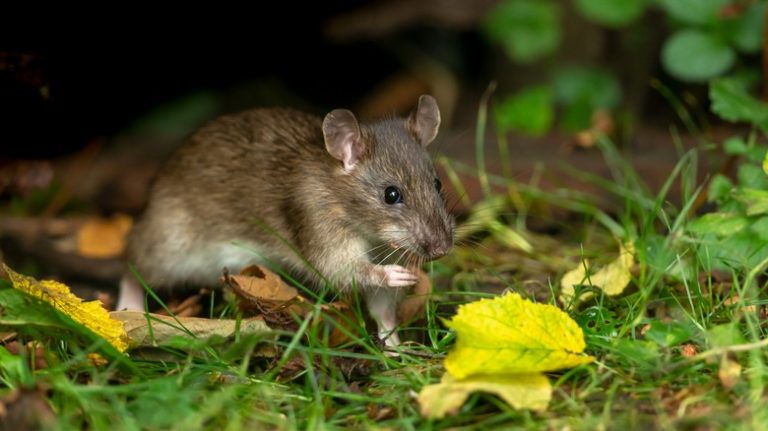Whether you have houseplants or a vegetable garden, any amateur gardener knows that sometimes soil needs to be tinkered with in order to yield the best results. Nutrients get depleted, and sometimes what’s left for the roots to absorb isn’t enough. That’s why people amend their soil with things like compost or food scraps. For example, throwing eggshells into your tomato garden can add an excellent source of calcium, and banana peels can help plants flourish, as they are brimming with nutrients like potassium, phosphorus, and calcium. Peanut shells, too, can benefit your garden by improving soil health with important compounds such as carbon, micronutrients, and soil microbes.
Peanut shells are a great carbon source, which is important if you compost. Carbon helps the matter break down faster, helping you deliver important nutrients to your plants in less time. Whether you have a layer of compost in your vegetable patch or have a compost bin under your sink, peanut shells can be beneficial, provided you follow a few simple guidelines.
How to add peanut shells to compost
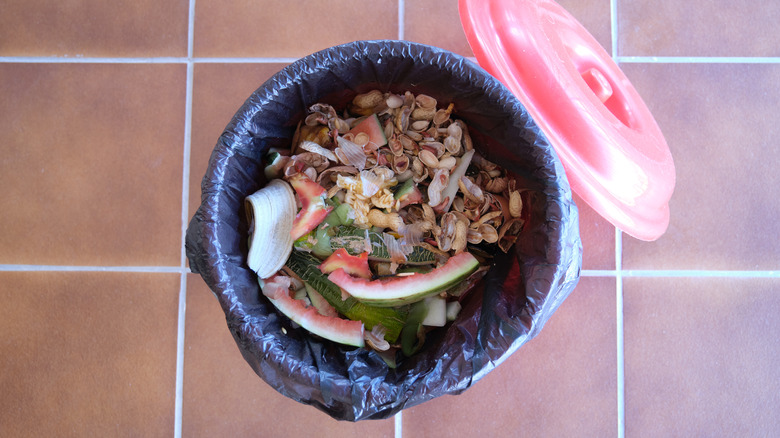
To add peanut shells to your garden, simply collect them as you eat your favorite nuts. The easiest way to store them is in a gallon bag or a plastic bag. Once you have enough to turn into a mulch, you’ll want to rinse them. You don’t want to add salt to your compost pile, so before transferring them, rinse and soak salted peanut shells for a couple of hours to remove any lingering sodium. Allow them to fully dry before moving to the next step.
While throwing peanut shells into your compost might seem easy enough, you don’t want to do that. Much like with eggshells, you’ll need to grind them up first. If you don’t, decomposition can take anywhere from six months to a year, making it a very long wait for the carbon perk they provide. You can grind shells in a food processor or place them in a sandwich bag and hit them with a meat tenderizer or rolling pin. You can then add the ground shells to the compost pile, but keep an eye on the brown vs. green matter ratio. Peanut shells are considered brown matter, so if you’re adding a healthy amount, top it off with some more green matter (aka wet food scraps) to keep it balanced.
Why this works
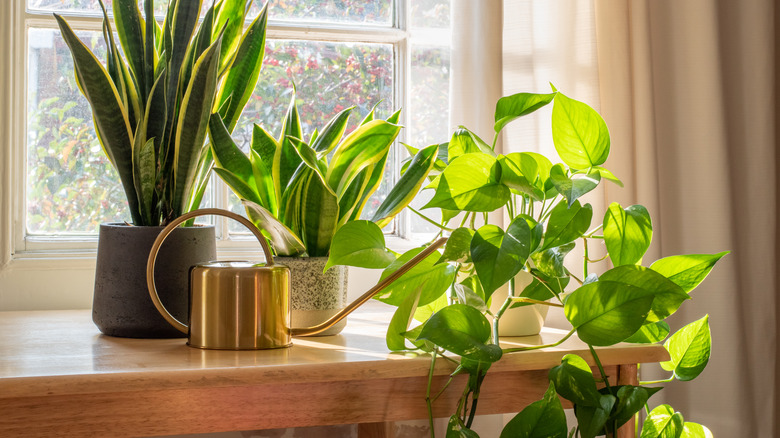
First thing is first: If you have a peanut allergy, do not attempt to use shells in your compost. According to Farmer Grows, handling the shells can trigger an allergic reaction, so it’s best not to risk it. If you don’t have sensitivity to peanuts, then you should be fine trying this gardening hack. And it’s a great hack for several reasons.
First, it’s packed with important elements your plants need to thrive, such as carbon. This element helps plants absorb nutrients at a faster rate, which makes them grow big and healthy. But that’s not all. Peanut shells also deliver many other micronutrients that improve soil health and help increase microbes. Microbes are very important for plants and for several reasons. First, they increase nitrogen in the soil, which plants need to create protein and chlorophyll. They also protect plants from pathogens, which lowers their risk for disease and can even ward off outdoor pests like snails and slugs.

